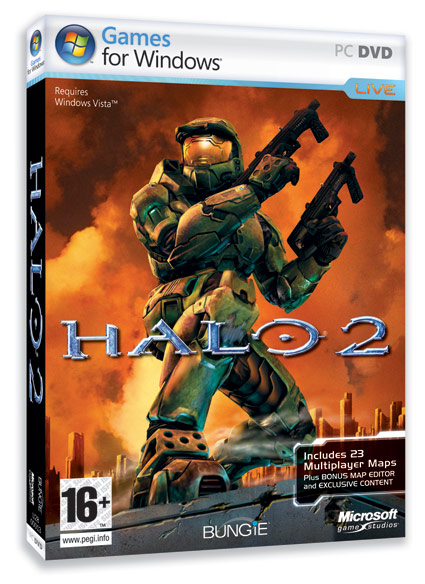HardOCP News
[H] News
- Joined
- Dec 31, 1969
- Messages
- 0
Is there a reason Microsoft shouldn't love Linux?
Nadella told Wired that he's not interested in fighting old battles — especially, when, like it or not, Linux has become a vital part of today's business technology. "If you don’t jump on the new,” he said, you don’t survive."
![[H]ard|Forum](/styles/hardforum/xenforo/logo_dark.png)
